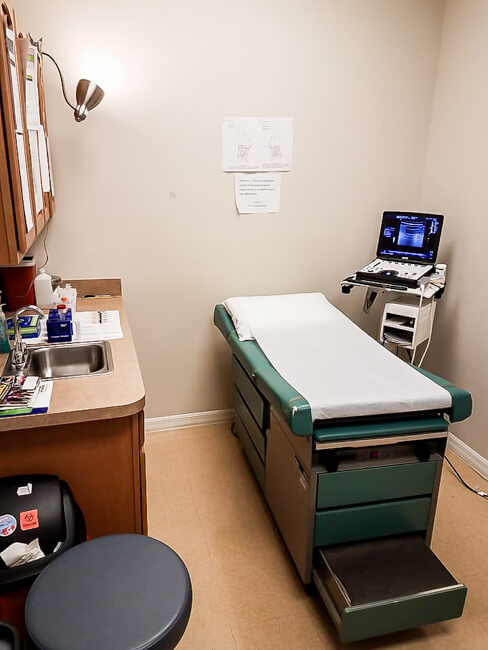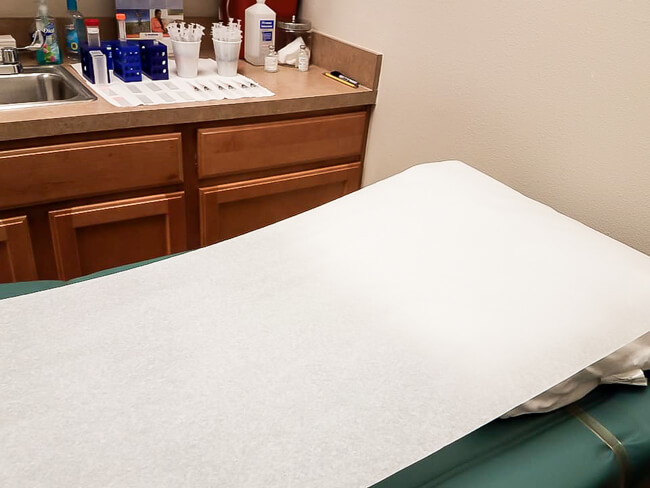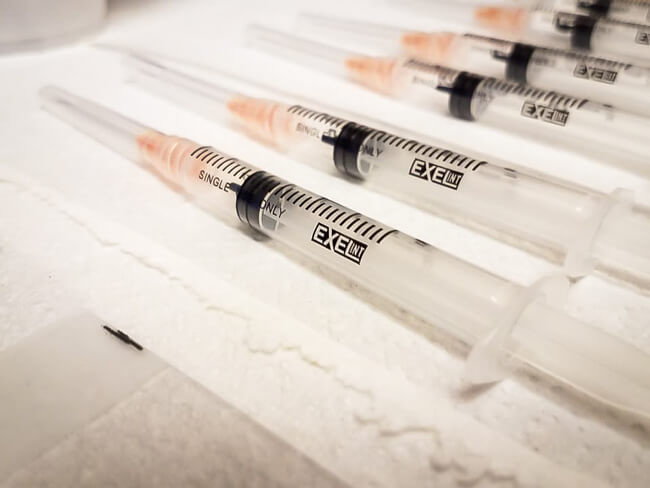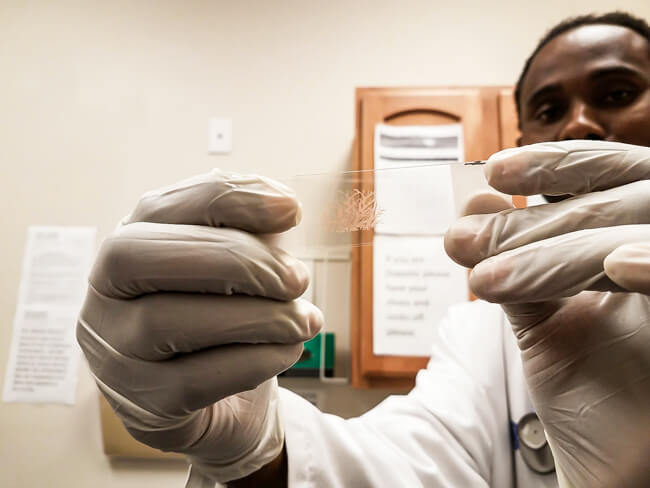If your doctor finds a suspicious nodule in your thyroid gland, they will probably want to perform a biopsy to rule out cancer. Thyroid nodules are relatively common and increase with age so there’s not necessarily anything to worry about. Nine times out of ten it will end up being benign. Even so, the thought of sticking needles into your neck can be intimidating. Here is what to expect during and after a thyroid fine needle aspiration (FNA) biopsy.
Once the doctor enters the treatment room, you will be asked to lie down on the examination table. Afterwards, the doctor will insert a total of six needles into your neck. The first two needles will contain lidocaine and the last four are used to extract tissue samples for the biopsy. After numbing the area with lidocaine, the doctor will use ultrasound to guide him through the rest of the procedure. Your entire experience should last around 30 minutes. While discomfort is minimal it isn’t uncommon to feel a bit stressed about the whole thing. If this starts happening just control your breathing and relax knowing it will all be over in a few more pokes.
After your biopsy, they will slap a band-aid over the affected area and send you on your way. When the lidocaine starts wearing off you may experience discomfort in the neck and maybe even referral pain shooting into your upper neck and back area. You will most likely have a bruise and feel sore for several days. Move the wrong way or touch your neck and you’ll probably experience slight pain and discomfort. If everything goes according to plan and there are no complications, you should be symptom-free in a week and a half.
Here is a short clip of a thyroid biopsy being performed:
After your biopsy, it will take a few weeks to get your results. If the doctor finds anything unusual or if he/she was unable to obtain enough cells to run a proper test, they may have to schedule you for another biopsy. In that case, you’ll have to do it all over again except this time you’ll know exactly what to expect.










